E-Commerce Websites


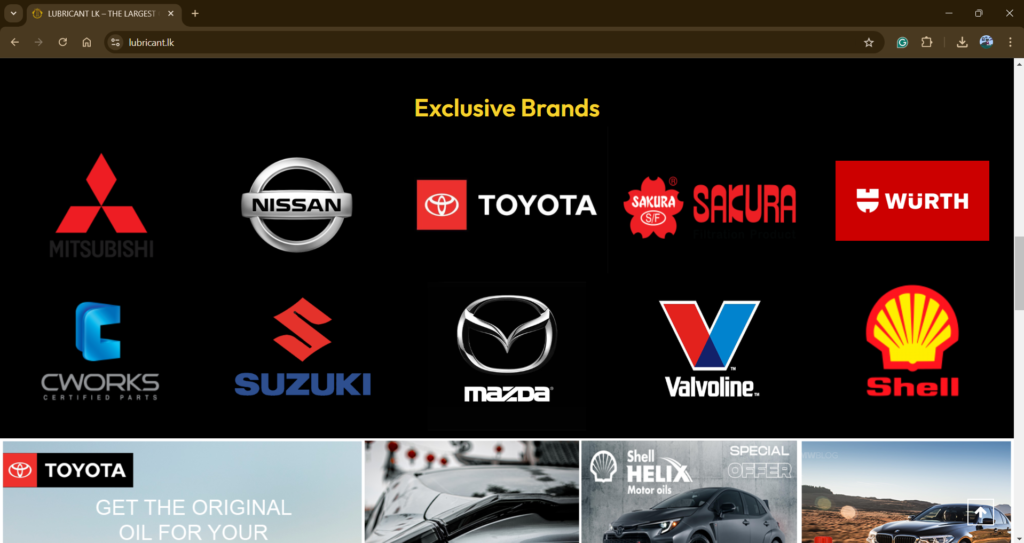

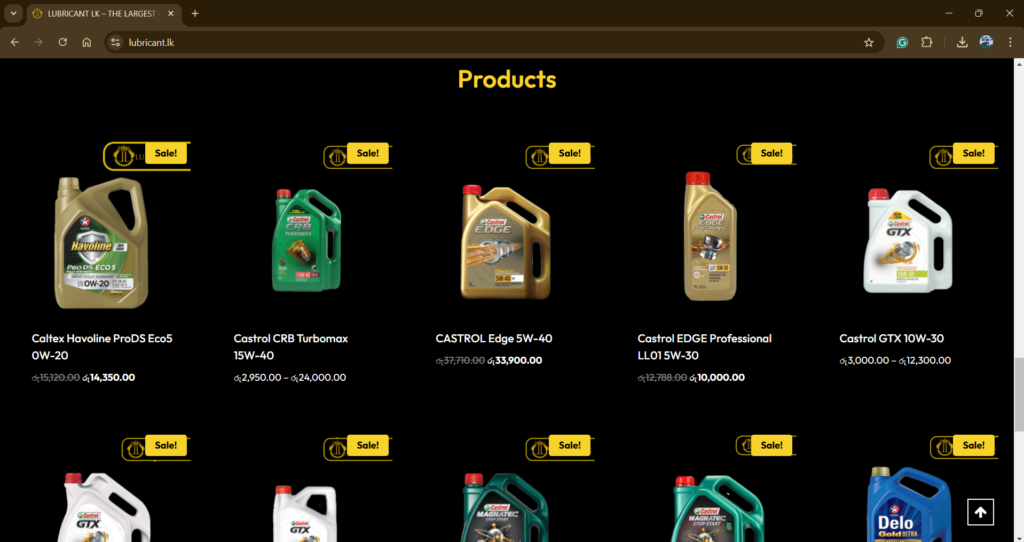
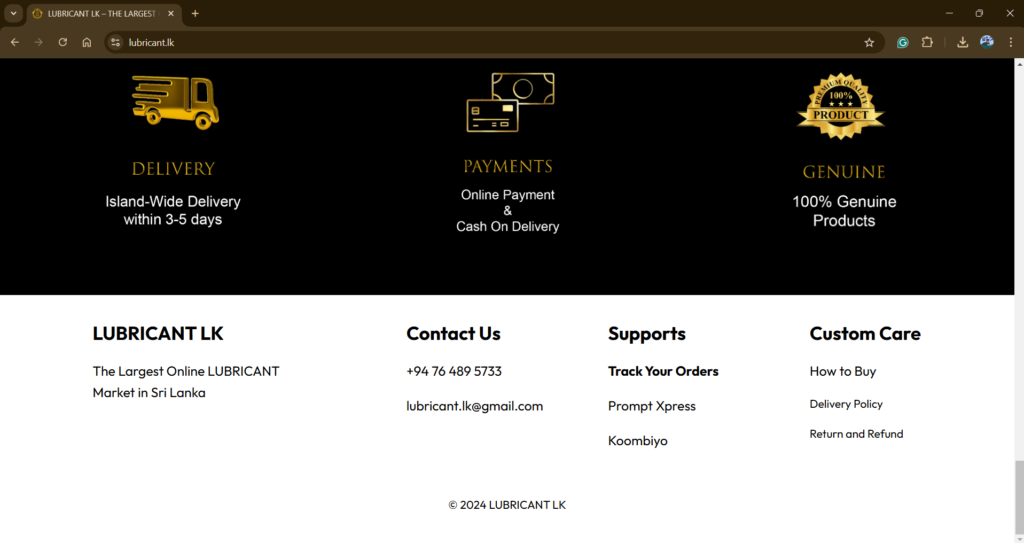
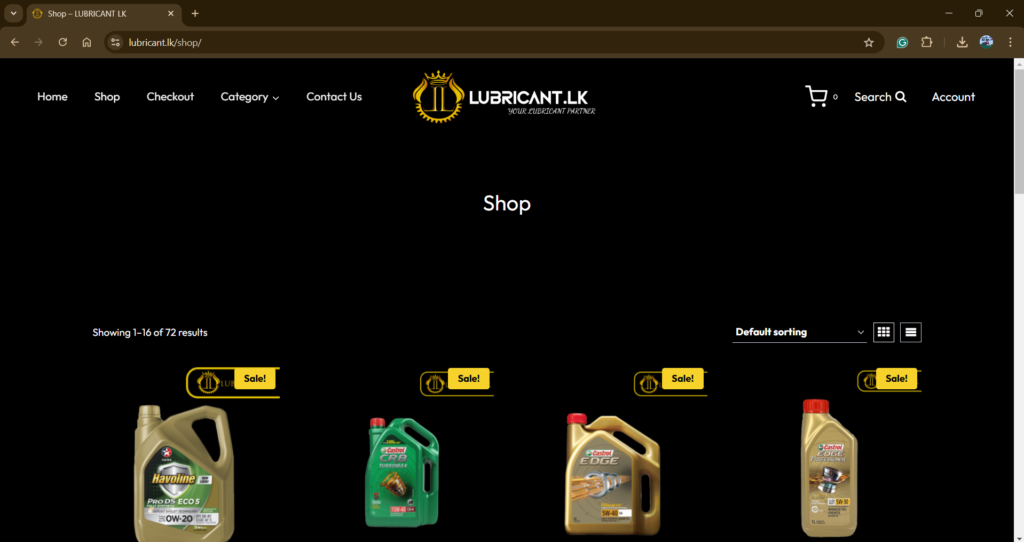
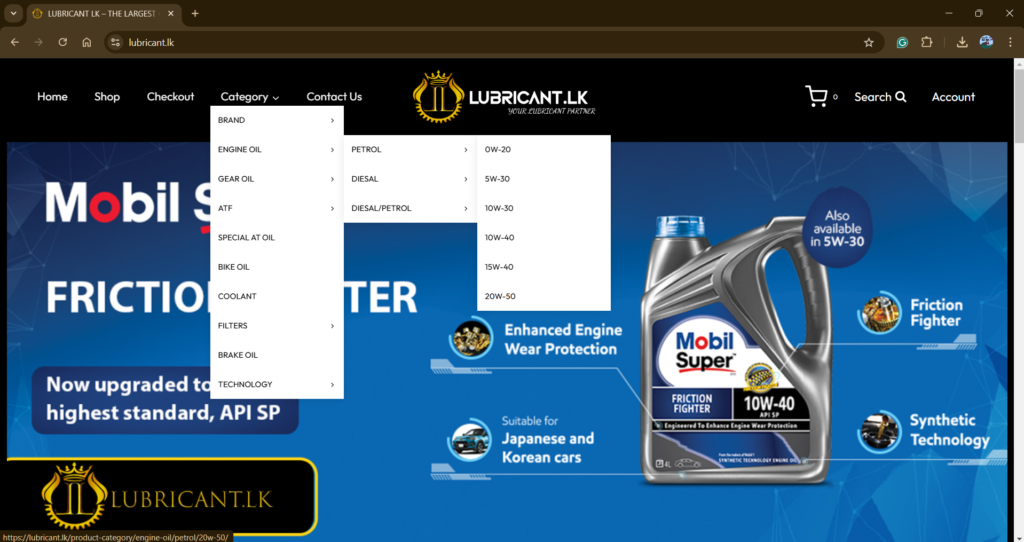
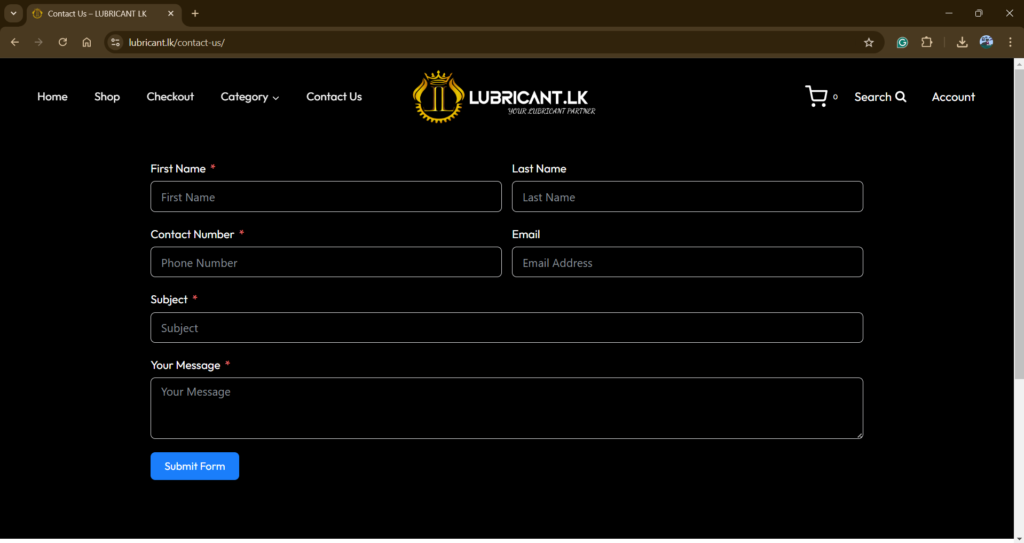

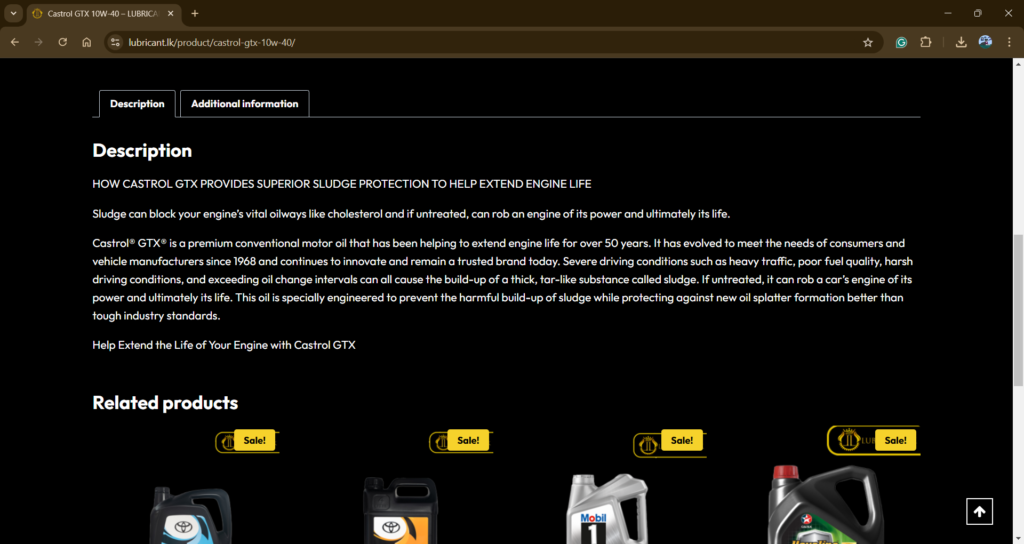
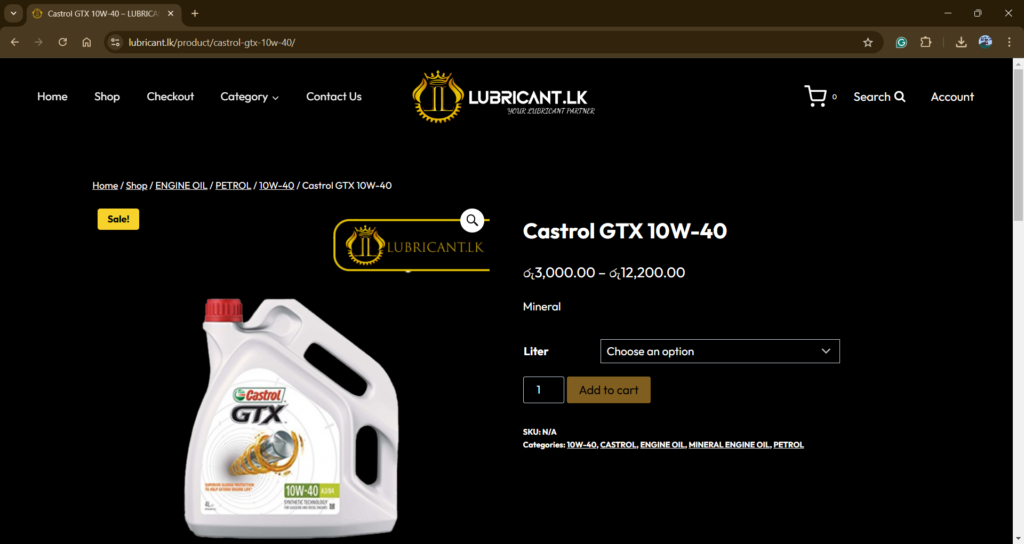
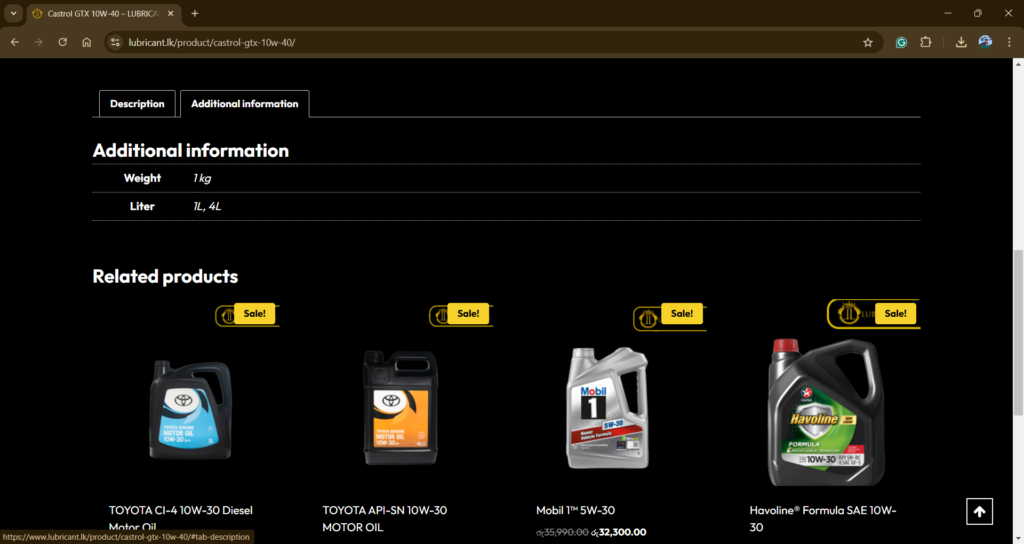
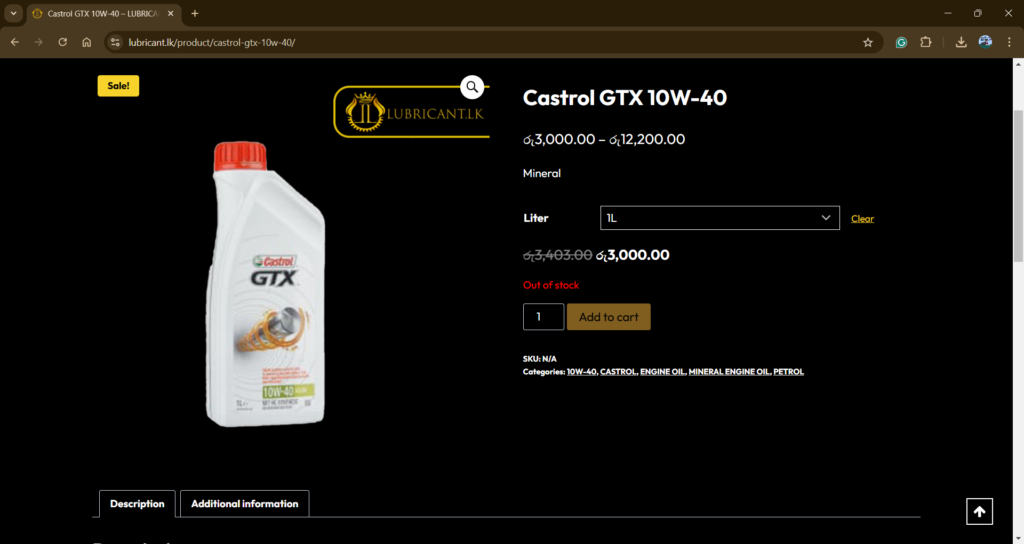
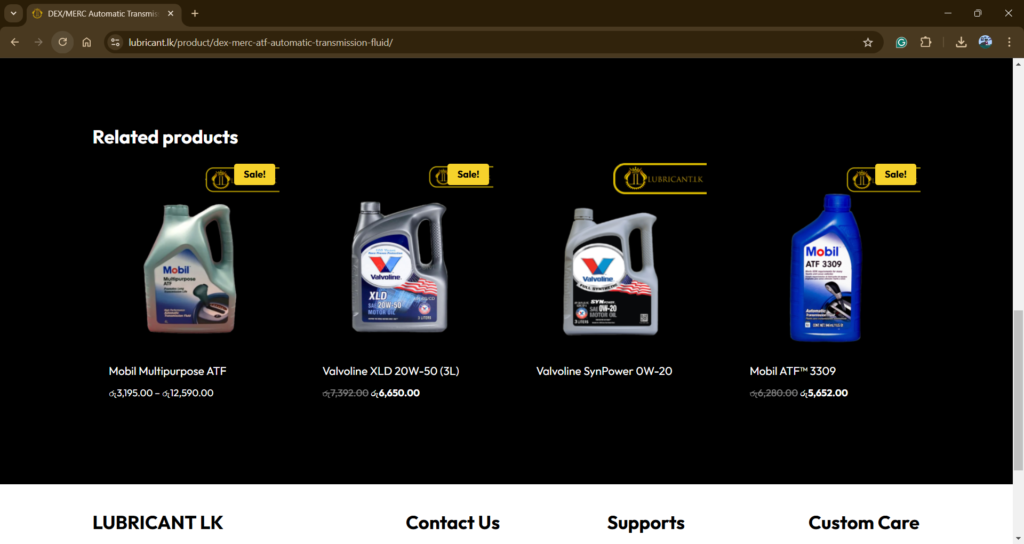
What is an E-Commerce Website?
An e-commerce website is an online platform where businesses can sell products or services directly to customers over the internet. It functions as a digital storefront, enabling users to browse, select, and purchase items without visiting a physical store. E-commerce websites are essential for modern businesses, offering a convenient and efficient shopping experience for consumers.
Key Features of an E-Commerce Website:
- Product Listings & Categories
- Displays products with images, descriptions, prices, and specifications, organized into categories for easy navigation.
- Shopping Cart
- Allows customers to add, view, and manage selected items before proceeding to checkout.
- Secure Payment Gateway Integration
- Supports multiple payment methods, such as credit/debit cards, PayPal, Stripe, or bank transfers, ensuring secure transactions.
- User Account Management
- Enables customers to create accounts, view order history, track shipments, and save preferences.
- Search & Filter Functionality
- Advanced search tools with filters for price, brand, color, size, and more, enhancing the shopping experience.
- Inventory Management
- Automatically updates product availability, stock levels, and notifications for low-stock items.
- Mobile Responsiveness
- Ensures a seamless shopping experience across devices, from desktops to smartphones.
- Customer Reviews & Ratings
- Displays user feedback and ratings to build trust and inform purchasing decisions.
- Shipping & Delivery Options
- Provides various shipping methods, including standard, express, and international delivery, with tracking options.
- Promotions & Discounts
- Supports coupon codes, flash sales, and loyalty programs to attract and retain customers.
What is an E-Commerce Website?
An e-commerce website is an online platform where businesses can sell products or services directly to customers over the internet. It functions as a digital storefront, enabling users to browse, select, and purchase items without visiting a physical store. E-commerce websites are essential for modern businesses, offering a convenient and efficient shopping experience for consumers.
Key Features of an E-Commerce Website:
- Product Listings & Categories
- Displays products with images, descriptions, prices, and specifications, organized into categories for easy navigation.
- Shopping Cart
- Allows customers to add, view, and manage selected items before proceeding to checkout.
- Secure Payment Gateway Integration
- Supports multiple payment methods, such as credit/debit cards, PayPal, Stripe, or bank transfers, ensuring secure transactions.
- User Account Management
- Enables customers to create accounts, view order history, track shipments, and save preferences.
- Search & Filter Functionality
- Advanced search tools with filters for price, brand, color, size, and more, enhancing the shopping experience.
- Inventory Management
- Automatically updates product availability, stock levels, and notifications for low-stock items.
- Mobile Responsiveness
- Ensures a seamless shopping experience across devices, from desktops to smartphones.
- Customer Reviews & Ratings
- Displays user feedback and ratings to build trust and inform purchasing decisions.
- Shipping & Delivery Options
- Provides various shipping methods, including standard, express, and international delivery, with tracking options.
- Promotions & Discounts
- Supports coupon codes, flash sales, and loyalty programs to attract and retain customers.
Benefits of an E-Commerce Website:
- Global Reach: Allows businesses to sell products worldwide, breaking geographical barriers.
- 24/7 Availability: Customers can shop anytime, increasing sales opportunities.
- Lower Operational Costs: Reduces the need for physical stores, cutting costs like rent and utilities.
- Personalized Shopping Experience: Recommends products based on user behavior and preferences.
- Data Collection & Analysis: Tracks customer behavior, preferences, and sales trends for better decision-making.
Types of E-Commerce Websites:
- B2C (Business-to-Consumer): Selling products directly to consumers (e.g., Amazon, eBay).
- B2B (Business-to-Business): Businesses selling to other businesses (e.g., Alibaba).
- C2C (Consumer-to-Consumer): Individuals selling to each other (e.g., eBay, Craigslist).
- C2B (Consumer-to-Business): Consumers sell products or services to businesses (e.g., freelance platforms).
- D2C (Direct-to-Consumer): Manufacturers selling directly to consumers, bypassing retailers.
Who Can Benefit from an E-Commerce Website?
- Retailers & Wholesalers
- Manufacturers
- Service Providers
- Small Businesses & Startups
- Freelancers & Independent Creators
E-commerce websites have transformed how businesses operate, offering a powerful tool for reaching broader audiences, improving sales, and enhancing customer satisfaction.
Let’s create something amazing together!